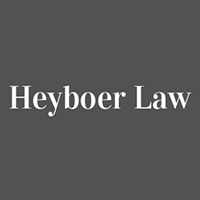Carsonville White Collar Crime Lawyer, Michigan
Sponsored Law Firm
-
 x
x

Click For More Info:
-
The Law Offices of Richard L. Cooper, P.A.
848 Brickell Avenue Suite 800 Miami, FL 33131» view mapDWI/DUI, Drug Trafficking, Felony Nationally Ranked Top 40 Under 40
With Richard L. Cooper you can expect a trusted confidant who will work diligently to fully understand your case and determine a road map to help you regain control of your life.
800-756-2781
Not enough matches for Carsonville White Collar Crime lawyer.
Below are all Carsonville Criminal lawyers.
David R. Heyboer
✓ VERIFIEDWhen you've been arrested and facing criminal charges, there can be serious consequences for you and your family. Don't face your criminal charges alo... (more)
Denis J. McCarthy
✓ VERIFIEDDenis McCarthy proudly serves Metamora, MI and the neighboring communities in the areas of Criminal Defense, Divorce & Family Law, Accident & Injury, ... (more)

 Richard L. Cooper Miami, FL
Richard L. Cooper Miami, FL AboutMiami Attorney at Law
AboutMiami Attorney at Law ServicesCriminal Defense
ServicesCriminal Defense


